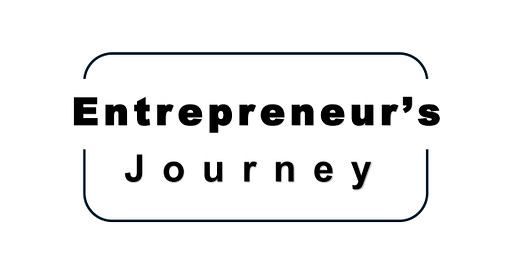Who Not How: The Formula to Achieve Bigger Goals Through Accelerating Teamwork by Dan Sullivan and Dr. Benjamin Hardy challenges the conventional approach to productivity and success. Instead of asking, “How can I do this?” the book encourages shifting to “Who can help me accomplish this?” This mindset allows individuals—especially entrepreneurs and leaders—to focus on their strengths while leveraging the skills and expertise of others.
Exodus 18:17-23 (ESV) – Jethro advises Moses to delegate:
“What you are doing is not good. You and the people with you will certainly wear yourselves out, for the thing is too heavy for you. You are not able to do it alone… Moreover, look for able men from all the people, men who fear God, who are trustworthy and hate a bribe, and place such men over the people as chiefs…”
This aligns directly with Who Not How by emphasizing that leaders should not try to do everything alone but should seek out competent individuals to help.
The authors argue that the traditional “How” approach limits progress and leads to burnout, as people waste time trying to master tasks outside their expertise. By finding the right “Who,” individuals can accelerate their goals, free up their time, and scale their success more effectively. Sullivan and Hardy emphasize that delegation is not about avoiding work but about focusing on the work that matters most while empowering capable partners or team members.
Corinthians 12:12-27 (ESV) – Different parts of the body working together:
“For the body does not consist of one member but of many… If all were a single member, where would the body be? As it is, there are many parts, yet one body.”
Just as the body of Christ functions through different roles, individuals in business and leadership should recognize their strengths and find the right Who’s for other tasks.
Another key concept is the value of time. Since time is a non-renewable resource, Who Not How advocates for outsourcing tasks that do not align with one’s unique abilities. This approach fosters collaboration, builds confidence, and enhances productivity.
Ecclesiastes 4:9-12 (ESV) – The power of partnership:
“Two are better than one, because they have a good reward for their toil. For if they fall, one will lift up his fellow. But woe to him who is alone when he falls and has not another to lift him up!”
This reinforces the idea that working together leads to better results than going it alone.
The book also highlights that entrepreneurs and leaders should act as visionaries, not operators. Their role is to identify and empower the right people to execute, rather than getting bogged down in the details. Ultimately, Who Not How promotes a mindset shift that enables individuals to achieve greater impact by working with the right people rather than trying to do everything alone.
2 Timothy 2:2 (ESV) – Training and entrusting others:
“And what you have heard from me in the presence of many witnesses entrust to faithful men, who will be able to teach others also.”
The principle of training and empowering others mirrors the concept of finding the right Who’s to carry forward a vision.
The principles in Who Not How align with several biblical themes, particularly around delegation, teamwork, and stewardship. However, there are also biblical cautions regarding dependence and accountability that could be considered in contrast. Here are some scriptures that challenge the book’s ideas:
Proverbs 10:4 (ESV) – Hard work is still essential:
“A slack hand causes poverty, but the hand of the diligent makes rich.”Who Not How must not be mistaken for avoiding personal effort—Scripture teaches that diligence is necessary.
Psalm 146:3 (ESV) – A caution against misplaced trust:
“Put not your trust in princes, in a son of man, in whom there is no salvation.”While finding the right Who’s is valuable, ultimate trust must be in God’s guidance rather than human ability.
Galatians 6:5 (ESV) – Everyone has personal responsibility:
“For each will have to bear his own load.”While delegation is biblical, leaders must not completely offload responsibility—they remain accountable.
James 4:13-15 (ESV) – A reminder of dependence on God:
“Come now, you who say, ‘Today or tomorrow we will go into such and such a town and spend a year there and trade and make a profit’—yet you do not know what tomorrow will bring… Instead, you ought to say, ‘If the Lord wills, we will live and do this or that.’”Business strategies, including Who Not How, must be submitted to God’s will.
While The Who Not How mindset aligns well with biblical principles on delegation, teamwork, and wise stewardship, Scripture does warn against completely delegating responsibility, placing too much trust in the hands of others, and neglecting personal diligence.
One biblical approach would be to wisely delegate while remaining accountable, ensuring that trust in people never replaces trust in God.
I believe it was Ronald Reagan that said ‘trust but verify.’
Danny




I have followed De. Benjamin Hardy since we moved down here. His story is so interesting and he exemplifies exponential growth coupled with reflection and faith. While I have not bought one of his books, I have had many “head scratching moments” from reading his free newsletter.
The authors argue that the traditional “How” approach limits progress and leads to burnout, as people waste time trying to master tasks outside their expertise. I like this line I copied from your post.